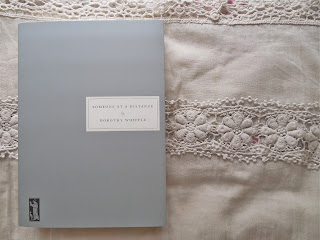LISTEN UP. Watch the 2004 BBC version of North & South RIGHT. NOW. It is incredible, and romantic, and political, and romantic, and EVERYTHING.
North & South is based on the novel of the same name by Elizabeth Gaskell, an underappreciated, oft forgotten Victorian author. Charles Dickens published many of her works through his journal Household Words. Gaskell was well-known in her time, though her works were considered merely to be 'women's fiction' aka light, stupid, fun, and not at all serious, complex literature. Gaskell is, of course, an incredible author, and her works contain complex themes of class, tradition vs. modernity, and the role of women. Gaskell generally spends her time destroying stereotypes, and it's awesome. North & South is a pretty great encapsulation of those themes.
North & South is about Margaret Hale, a young woman from the countryside in South England, who is forced to move to the Milton, a fictional town in North England. Milton is an industrial town, in which many of its citizens live in poverty, and work in mills. Margaret meets John Thornton, a master of one of the mills. Margaret is compassionate and opinionated. Mr. Thornton is self-serious and brash. You might be able to guess just from the juxtaposition of those characteristics what happens next. [SPOILERS NOT REALLY] They fall in love, and their romance is so beautiful and moving to watch on-screen. Everything else in the show is pretty good, too, but I honestly cannot get over them as a couple. I've been rewatching clips of them together, and listening to this beautiful song on repeat which plays at the very end of the series:
I could say a million other things about this series, and its competency as an adaptation, but all I can say at the moment is that Margaret Hale and John Thornton are my new OTP, and they are beautiful, and you should watch this series. I have been bursting with emotion over these two for the past 24 hours since watching it. Also, I mean, this is Richard Armitage as Mr. Thornton:
COME ON.






